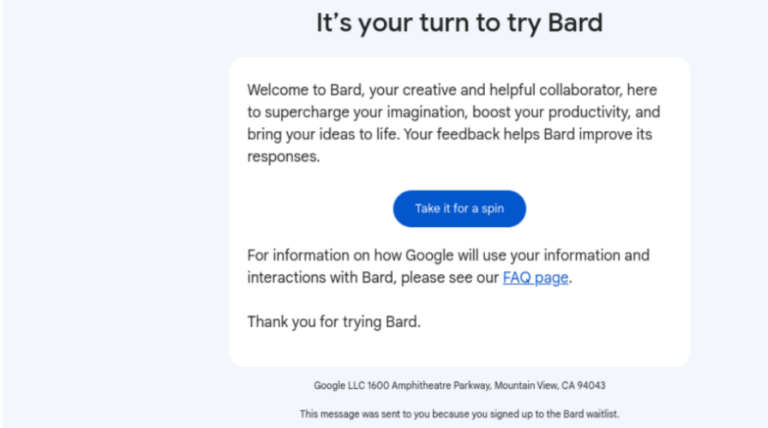Is it me or the AI? The blurred lines of reality and artificial intelligence
Megan Gallardo
3 November 2023
As students on a college campus, we are no strangers to artificial intelligence (AI) and its development over the past few years. Since the release of ChatGPT in Nov. 2022, tech companies around the globe have entered the new technological race to see who can develop the best AI out there. ChatGPT has been popular for the easy answers that its Q&A format offers.
Since then, journalists, students, and basically anyone with internet access can potentially use this as a way to generate ideas for their writing. For students, using AI may seem like a no-brainer since it lessens their workload and requires less effort. For educators, the divide grows between the creative benefits and harms AI can cause. The debate continues to grow more pressing as multiple AI systems have been released since November.
Some AI systems such as Bard, which was created by Google, were initially beta programs for which people join a waitlist to get invited by Google to test the features. As a beta tester, I found myself liking Bard, as it was focused on writing and “supercharging your imagination” rather than the usual generic answers AI chatbots give. While it still has a long way to go with the flaw of providing answers that are nearly the same phrasing as the question reworded, I admit it has been fascinating to see how the chatbot led by Google has evolved and the controversial opinions that have arisen. Many of the other beta users, some of which are journalists, have described it “as a bland AI that is trying to be so careful in their wording that it isn’t particularly that impressive”, according to an article from the New York Times. There have been a mix of positive and negative reviews that only expand the divide amongst consumers about whether using AI is worthwhile.

Other chatbots out there such as Quill, Bing and most recently, Julius AI have all strived to provide an artificial intelligence chatbot that is better than its ChatGPT predecessor. For example, Julius AI is a chatbot system that analyzes data for the user and can be used for other disciplines such as marketing, academia, as well as computer coding. I spoke to the founder, Rahul Sonwalker, about Julius AI and how exactly it can benefit students not just at UIC, but possibly across the world as well.
I wanted to inquire first about how Julius came to be. Since many of the AIs that currently exist out there are being created primarily to outwit their competitors in the technological world, I was surprised when Sonwalker told me that “Since their launch 3 months ago, they have already gathered around 90,000 users across the world” and have been mentioned in places like Business Insider among others.
Sonwalker revealed that there are other hidden benefits of AI as well. Sonwalker told me that English is his third language and his personal connection to this AI has to do with how as students, we sometimes have questions we are scared to ask when we don’t want to admit our confusion for fear of judgment or sounding unknowledgeable.
“I want Julius to be an AI tutor of sorts, and this AI can be helpful for students who may be in the same position I was in all those years ago,” Sonwalker said.
Sonwalker also described how their AI is used in universities such as the University of Denmark’s Chemistry department, or more recently, the University of San Francisco, where the Julius AI team plans to create a tutorial that can be shared with students about how to use AI effectively in their classes.
According to Sonwalker, the team behind Julius has been working on improving the AI by adding more mobile features for the AI to decipher the content of scanned documents and photos, a knowledge base that stores information from past sessions and a function for the program to serve as a video editor for content creators. These improvements offer ways for students to improve, without threatening academic integrity.
AI has become a way to not only get help with the questions we have, but also to inspire creativity and push us towards new innovations.
However many benefits it offers, the nature of AI still poses legitimate concerns about academic integrity and the originality of students’ work.
When I asked Sonwalker about how Julius AI can help or harm educators, he discussed the evolving nature of technology and how as a society, we adapt to the latest advancements to stay up to date.
“The key is for professors to be open-minded about AI and the benefits rather than seeing the harm,” Sonwalker said.
As AI continues to evolve, it will become more useful. Technology is inevitable that way; we use tech to facilitate our lives, and by extension, our education. As AI evolves, the classroom will evolve with it. One day, Sonwalker says, we might even be able to see AI create a clone of the professor that can serve as a useful source for students to consult their professors after school hours, almost like a tutor you can access from your pocket! Considering that, all we can really say for sure is this: Anything is possible.
